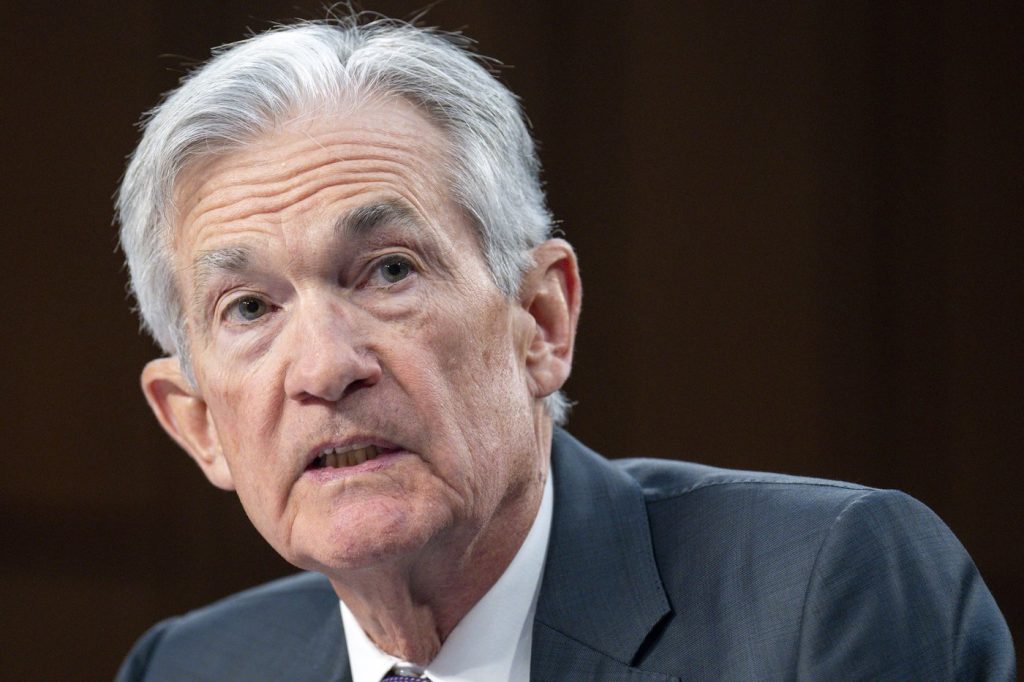On Wednesday, Federal Reserve Chair Jerome Powell addressed concerns raised by President Donald Trump regarding interest rates during his semiannual testimony before the House Financial Services Committee. Powell firmly stated that Trump's calls for reduced interest rates would not influence the Federal Reserve's monetary policy decisions. He reassured lawmakers and the public that the Fed's actions would be guided by the underlying economic conditions rather than political pressures, stating, "People can be confident that we’ll continue to keep our heads down, do our work, and make our decisions based on what’s happening in the economy."
Earlier that day, Trump took to social media, suggesting that "Interest Rates should be lowered," linking potential rate cuts with the upcoming tariffs he proposed. Despite these remarks, Powell emphasized that the Federal Reserve, after having cut its key interest rate three times late in the previous year, had opted to pause further reductions. The central bank is currently assessing evidence of inflation trends to ensure they align with their target of 2% before making any additional cuts.
Powell's commentary came against the backdrop of broader economic considerations, particularly in light of the tariffs that Trump has proposed and enacted. Many Federal Reserve officials have signaled that they prefer to adopt a "wait and see" approach, especially given concerns that tariffs could lead to temporary inflation increases, disrupting their monetary policy framework. The Fed aims to maintain a careful balance to support economic growth while keeping inflation in check.
The situation escalated further when the government reported an uptick in inflation, with consumer prices rising by 3% in January compared to the previous year. This increase marked a rise from a low of 2.4% in September, compounding the Fed's hesitancy to cut the key interest rate imminently. With borrowing costs affected by the Fed's rate decisions, including mortgages and credit cards, this inflation data presents a challenging scenario for policymakers.
In the previous year, the Fed had implemented three significant cuts to its key interest rate, bringing it down from 5.3% to approximately 4.3%. However, they have indicated that they plan to keep rates unchanged until inflation shows more substantial signs of decline. While Fed officials had initially projected potential rate cuts for the current year, emerging economists have begun to speculate that the Fed may maintain its current rates throughout the year in response to economic developments.
As the Fed navigates these complex economic dynamics, the interplay between fiscal policy, inflation, and interest rates remains a critical area of focus. Powell's steadfast commitment to data-driven decision-making reaffirms the Fed's operational independence from political entities while highlighting the complexities of managing the economy amidst fluctuating inflation and external pressures like tariffs.











